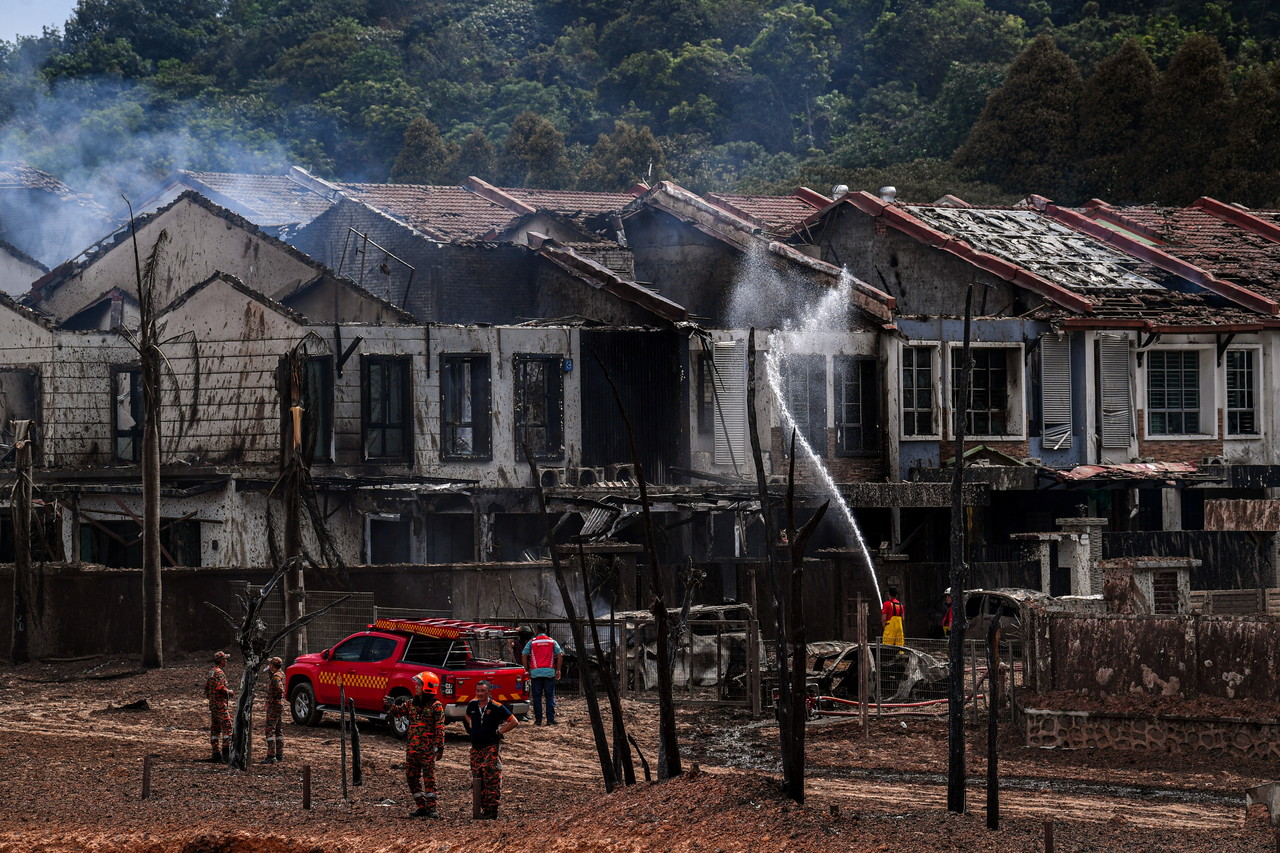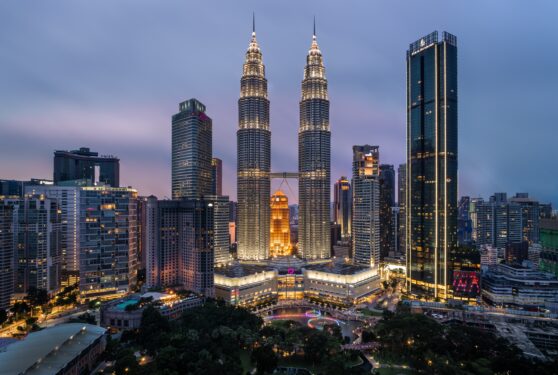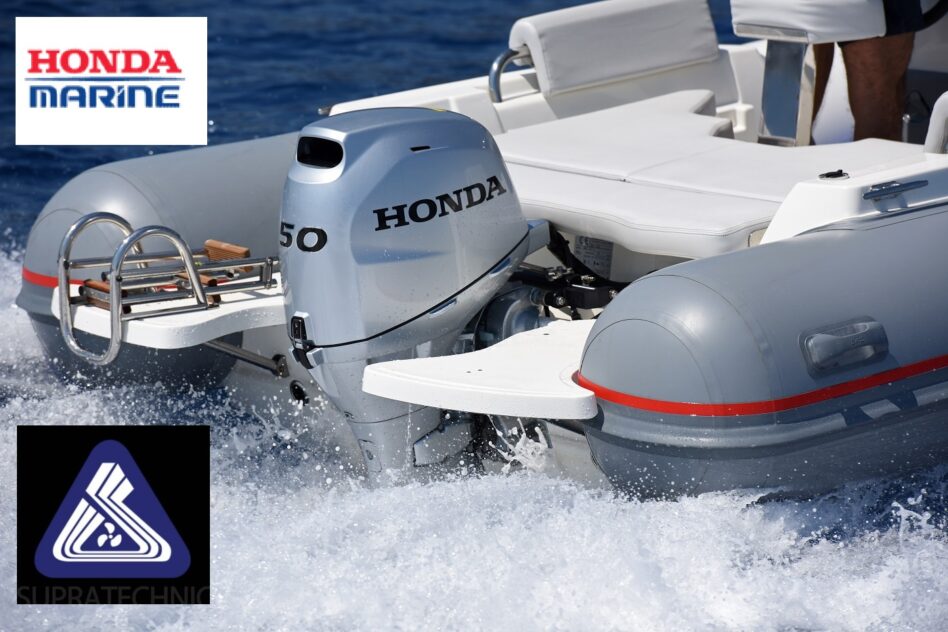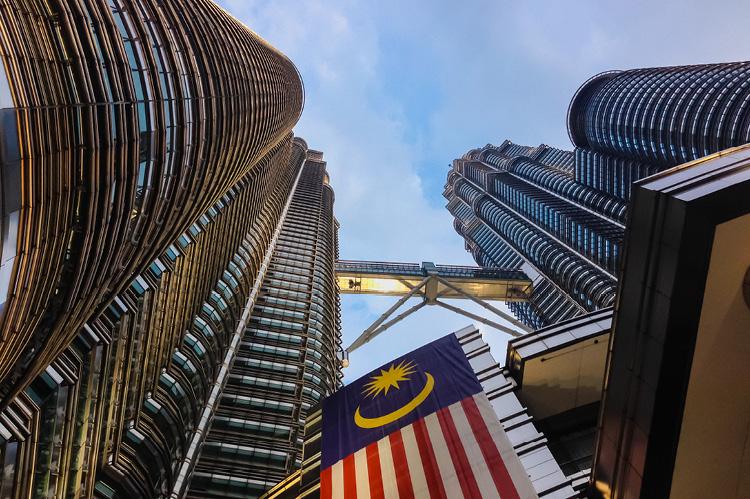THE Putra Heights gas pipeline inferno on April 1 has led to a paradigm shift in the public’s thinking that gas pipelines, despite their inherent risk, were safe due to supposedly meticulous maintenance.
Although the report about the pipeline inferno has not been made public yet, one can, base on general knowledge, talk about the precautions and guidelines needed to prevent a repeat tragedy.
There are about 2,600 kilometres of piped natural gas pipelines covering a large part of the urban landscape catering mainly to power sectors, petrochemical industries, SMEs and residential areas.
Although the Petronas gas pipeline reserve in the Subang Jaya and Putra Heights is wide, vacant and neatly maintained to prevent any interference with the pipeline, this is not the case with the majority of pipelines, especially the smaller distribution ones that are laid along busy and narrow roads.
Overtime the area could be overtaken by undergrowth and the gas pipeline markers could either fade or be lost. With a lot of trenching and excavations carried out along roads these gas pipelines might be dented or damaged leading to dangerous situations.
There is also a risk of landslides especially in steep slopes under which the gas pipelines are laid not to mention severe floods exposing the pipelines
The best way to ensure that the gas pipelines—both the main and secondary ones—are safe and free from any encroachments is to ensure that they undergo good maintenance and regular monitoring.
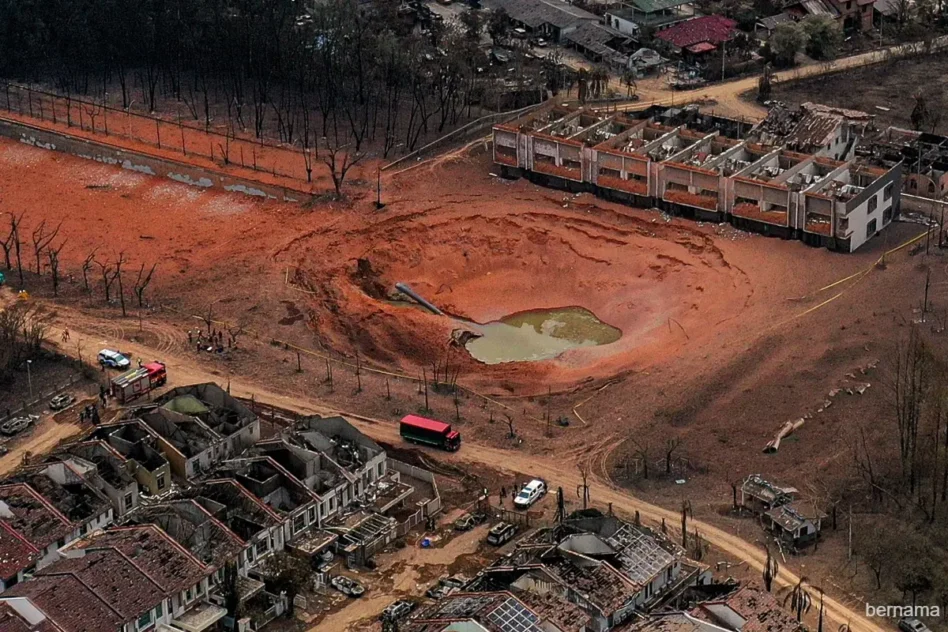
Tell-tale signs of problems like leaks, earth movements, or damage to the pipeline can be found if there is regular monitoring. Not all pipeline reserves are wide and tidy as was the case with the pipeline reserve in Subang Jaya and Putra Heights.
Most of the distribution pipelines are simply buried deep and forgotten unless a problem arises concerning the pressure and supply of gas.
There should be more liaising with the local authorities as well as Tenaga Nasional Berhad (TNB), the Malaysian Public Works Department (JKR), Telekom Malaysia (TM) and the Department of Irrigation and Drainage (JPS) who approve excavations, trenching and other projects to ensure that contractors avoid gas pipelines.
Liaising with residents nearby will keep them informed and they may raise the alarm when they sense any risk from nearby excavations and projects.
There are also numerous contractors who illegally excavate and dig up roads especially at night and during public holidays.
These contractors cause havoc and one of their main ‘victims’ is the underground streetlight cables that are ruptured and thereby endanger nighttime road safety.
Gas providers like Petronas and Gas Malaysia need to closely monitor their pipelines and this is the best way to avert any danger or a major mishap like what happened in Putra Heights that caused massive damage and loss to the neighbourhood apart from many residents sustaining serious injuries due to the intense heat. – April 14, 2025
V. Thomas is a Focus Malaysia viewer.
The views expressed are solely of the author and do not necessarily reflect those of Focus Malaysia.
Main image: Bernama


